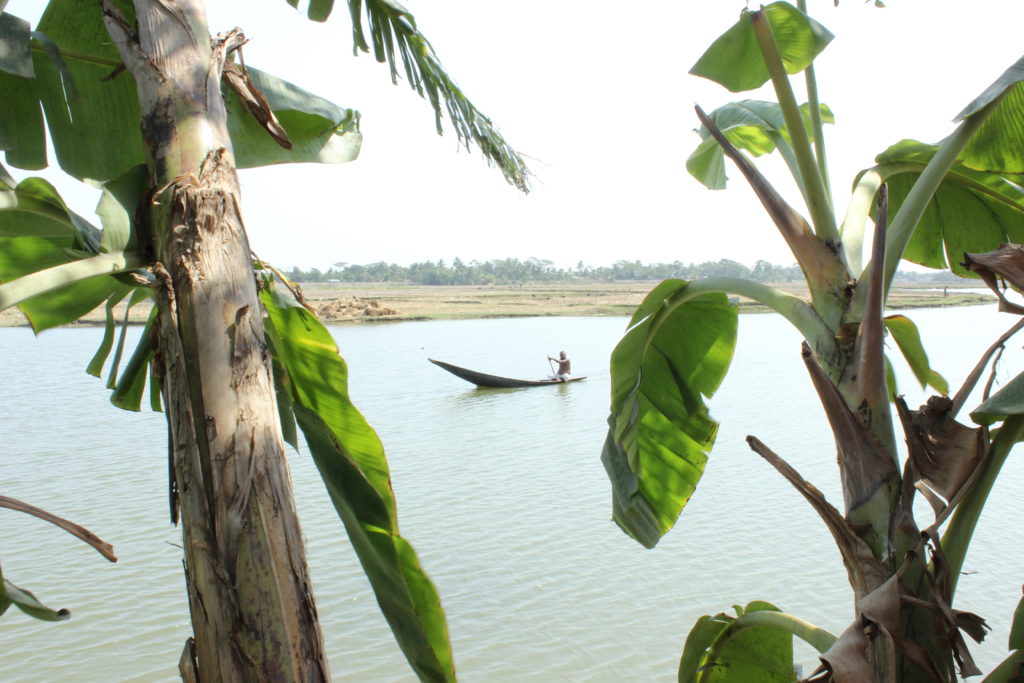
There is a growing movement that supports permanent protections for rivers within the Rights of Nature movement. This movement views nature and ecosystems as possessing fundamental rights, just as humans do. These rights take the form of legal personhood, and can be exercised in a court of law and through guardianship bodies established to oversee their implementation. The Rights of Nature offers a transformative alternative to existing environmental protection models, which have often failed to effectively prevent ecosystem degradation and destruction.
We launched the Universal Declaration on the Rights of Rivers, to spur and support this burgeoning movement. Around the world, Rights of Rivers are being recognized and secured at different levels, from the Supreme Courts to local resolutions by Indigenous councils.
However, this movement and concept of Rights of Rivers is still new, and in many parts of the world is yet to be known or understood. Communities traditionally have rights based approaches within their local laws and codes of conduct but are less aware of the more formal or legal processes that are underway to secure rights for rivers or nature.
Through the Transboundary Rivers of South Asia project supported by the Swedish Government, International Rivers developed a guide to understand these concepts, translated them into languages most used by communities we and our partners work with. The guide is intended as a tool to share and discuss on the need for permanent protections and the forms that this can take, including Rights of Rivers. This guide will draw on existing materials developed by International Rivers, in particular the Rights of Rivers report and Universal Declaration on the Rights of Rivers, and aim to make these resources more accessible through providing guidance and explanation of key concepts and case studies.
You can download the guide below in English / Hindi / Bengali / Nepali.
International Rivers’ South Asia program is part of the regional Transboundary Rivers of South Asia program. Supported by the Government of Sweden, TROSA is a collaboration with Oxfam, IUCN, ICIMOD and many local organizations that works on some of the more complex rivers in South and Southeast Asia: the Ganga, Brahmaputra and Meghna river systems, including their tributaries such as the Teesta, and Asia’s last last free flowing river, the Salween. The program aims to contribute to poverty reduction and marginalization among vulnerable river basin communities through increased access to and control over riverine water resources on which their livelihoods depend.
